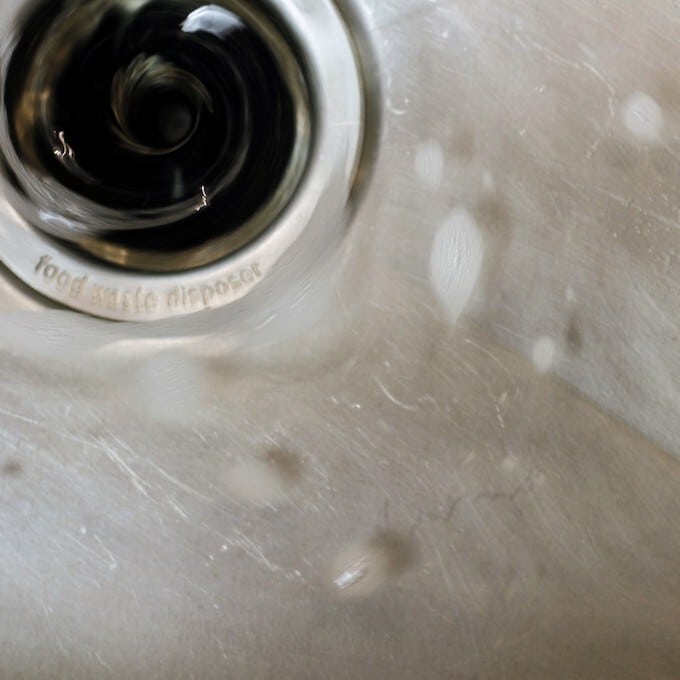Dealing with Clogged Drain Lines
Clogged drain lines are nasty yet a common problem with modern plumbing maintenance. Oil, grease, soap scum, food, hair, and other debris can all accumulate in your drain lines. When this happens, the diameter of your pipe decreases and the space through which water can flow is lessened. This results in slow drainage or bubbling. While many drain cleaners are available online and in stores, sometimes, they’re not effective enough to bust through the grime, and a professional plumber is needed. If that’s the case and you live in Asheville, NC, reach out to My Plumbers LLC. We are ready to take your call and tackle whatever is clogging your drains. 828-708-7107 is the number to dial.

What causes clogged drain lines?
In the bathroom, things like baby wipes, hair, feminine hygiene products, and an excess of toilet paper make up the bulk of clogs. Clogged drain lines manifest themselves as slow draining bathtubs, showers, and sinks. Bubbling toilets or toilets seeping water from beneath are also indicators of a clog.
In the kitchen, pouring fats down the drain can cause problems with drainage. Certain things like bacon grease and coconut oil are liquid when heated but solidify once they cool down. As these liquids cool and solidify, homeowners are left with a huge clump in their pipes that inhibits the flow of water. As these clumps begin decomposing, you may notice a foul stench coming up from your drain. Aside from fat, food scraps, even if you have a garbage disposal, can cause blockages. A simple strainer over the drain can go a long way in preventing clogged kitchen sinks.
Even tree roots can cause drain clogs. If a root finds a crack in your pipe, the root can work its way in. As it grows, the root can obstruct water flow and further damage your pipes. Clogged drain lines are quite common, and unclogging these lines is pretty straightforward. Some blockages can be cleared up using common household items (like baking soda and vinegar) or products like Drano. Other times, a simple snake tool can pull up whatever is causing a slow drain. However, in extreme instances, it may be necessary to call a professional.
How can I prevent clogged drain lines?
An ounce of prevention is worth a pound of cure, and there are measures you can take to lessen the likelihood of clogged drain lines. For starters, make sure that your drains are covered. Whether in the shower or the kitchen sink, you need something that can catch rice, hair, and other debris. If you use a dishwasher, it’s important to scrape leftovers into the trash bin and rinse dishes before placing them in the dishwasher. Failing to do so can result in a clogged dishwasher drain line.
Having a plumber clean your drains regularly is essential for maintaining a healthy plumbing system and preventing costly issues down the line. Over time, debris, grease, and other materials can build up in your pipes, leading to blockages, slow drainage, and even potential pipe damage. Regular professional cleaning helps to remove these buildups before they cause problems, ensuring that your drains function efficiently. Additionally, a plumber can identify early signs of potential issues, such as corrosion or leaks, allowing for timely repairs and extending the life of your plumbing system. Regular maintenance is a proactive approach that keeps your drains clear, your water flowing smoothly, and your home safe from unexpected plumbing emergencies.
Get in Touch Today
When you need a professional plumber to help you with regular maintenance services, contact the Asheville, NC, plumbing experts. We offer flat rate pricing, so there’s no guess work as to how much your bill will be. Call 828-708-7107 to get your drains up and flowing again.

